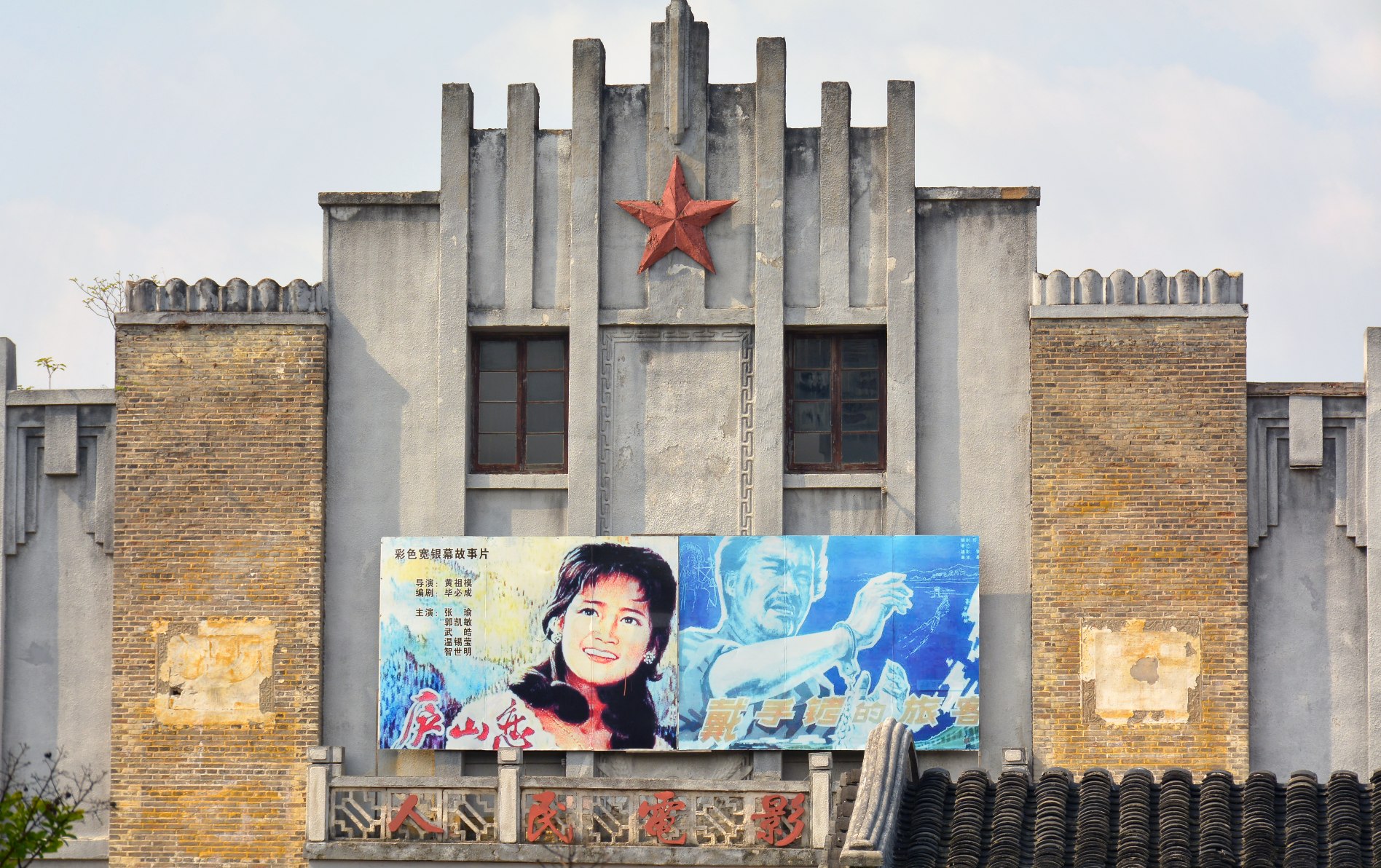Truth still matters: cinema and the ‘ethical frame’ in and out of China

Date: Thursday 17 November 2022
Time: 17:00 -18:00
Venue: AM102, Alan MacDiarmid Building, VUW (map to the venue)Zoom Link https://vuw.zoom.us/j/93286441644
Register: ChinaCentre@vuw.ac.nz
Abstract
Twenty years ago, Jia Zhangke famously declared, that “[n]ow that we have VCDs and digital cameras” (Jia 2003), there was an opportunity to capture unfiltered, more authentic and diversified records of Chinese realities. The digital turn was seen as, if not a determining cause, certainly as a key supporting factor in the growth of new “independent” cinematic practices in China, and, especially when applied to articulations of cinematic realism, it also called for a commitment to an ethic of truth as an embodied and localised experience, i.e., telling “truthful” stories in/about China.
Today, in the current postdigital turn, any claim to “truth” seems to have become increasingly problematic. On the one hand, digitally mediated realities are recognised as being not only filtered, but also controlled and manipulated by both China’s powerful state and corporate stakeholders. On the other hand, “spreadability” posits that the value of any digital content lies in its ability to spread regardless of its authenticity or integrity; truthfulness plays no role in the development of algorithms that shape digital cultural discourses and hegemonies. Yet, I argue, in time of crisis around reality, an ethics of truth remains an even stronger imperative for filmmakers who are still committed to tell “truthful” stories in/about China. But some key shifts have taken place that have repositioned their work. Reflecting on the complex interrelation between Sinophone, diasporic, and globalised perspectives, I examine examples of cinema that engages with the ‘ethical frame’ (Levinas). These movies’ accented stories are told, produced, circulated, and therefore need to be understood, in and out of China.
About the Speaker
Paola Voci specializes in Chinese cinema and visual cultures, and, in particular, documentary, animation, and other hybrid digital video practices. She is the author of China on Video, a book that analyses and theorises light movies made for and viewed on computer and mobile screens, and co-editor of Screening China’s Soft Power, a book focusing on the role played by film and media in shaping China’s global image.
